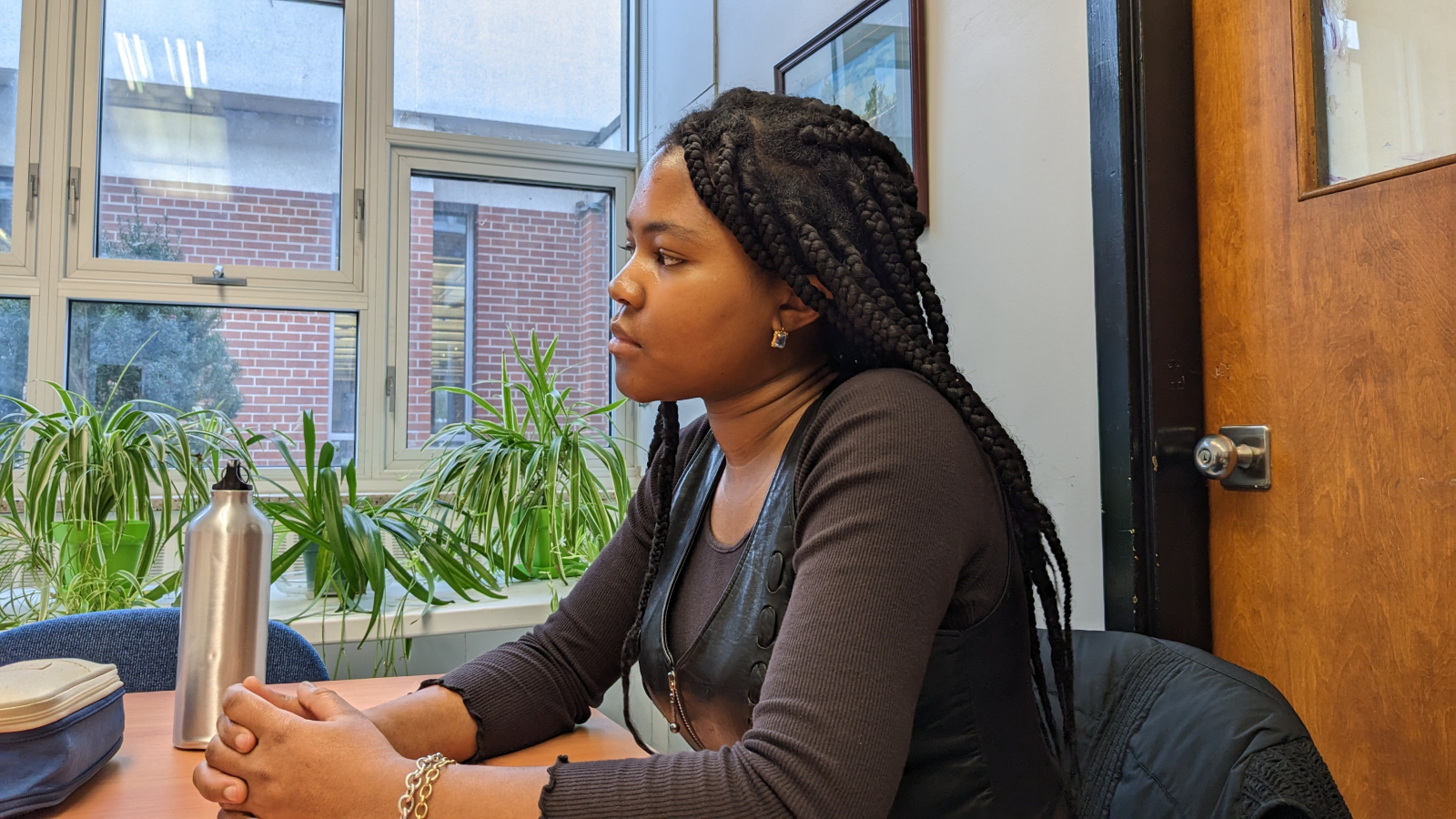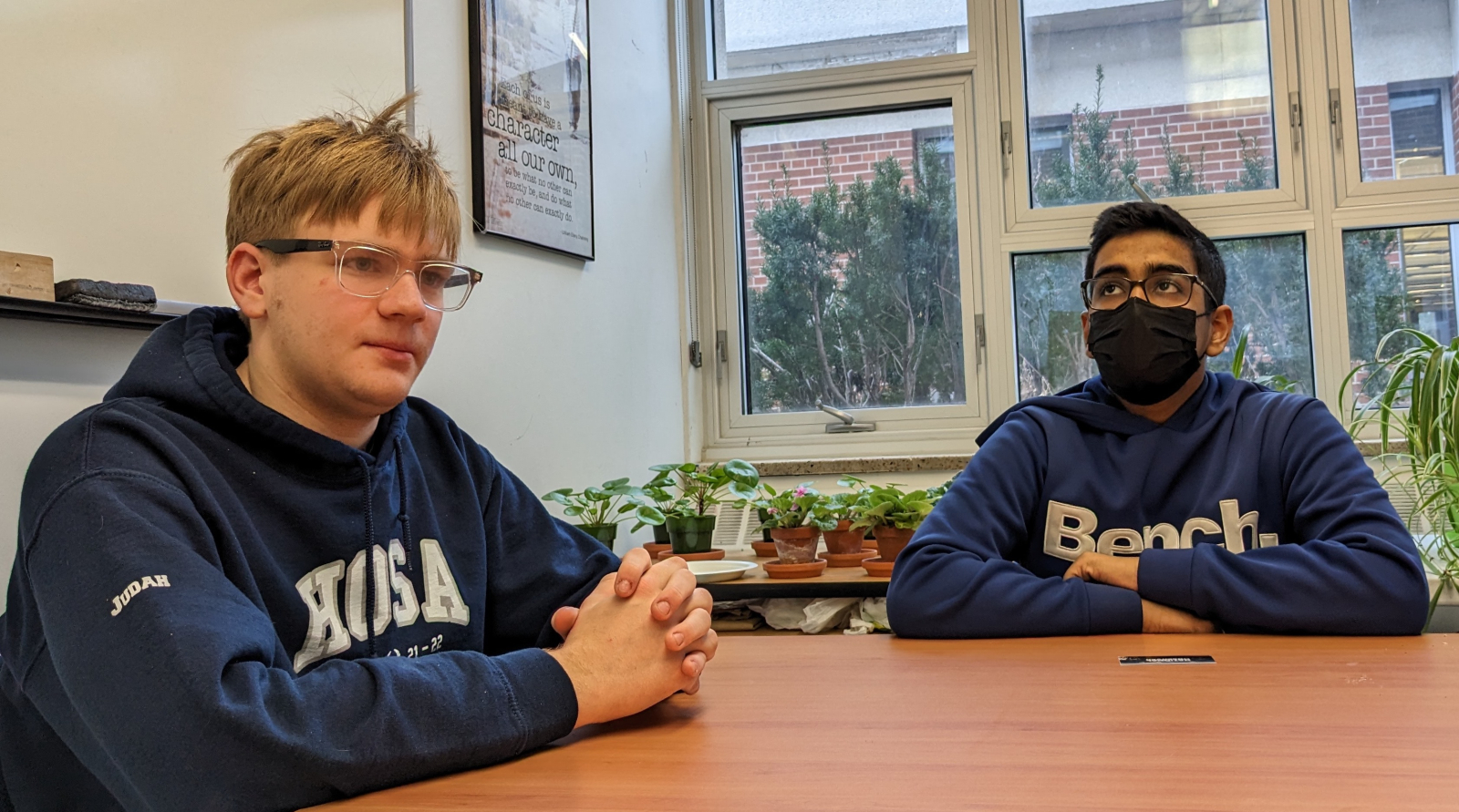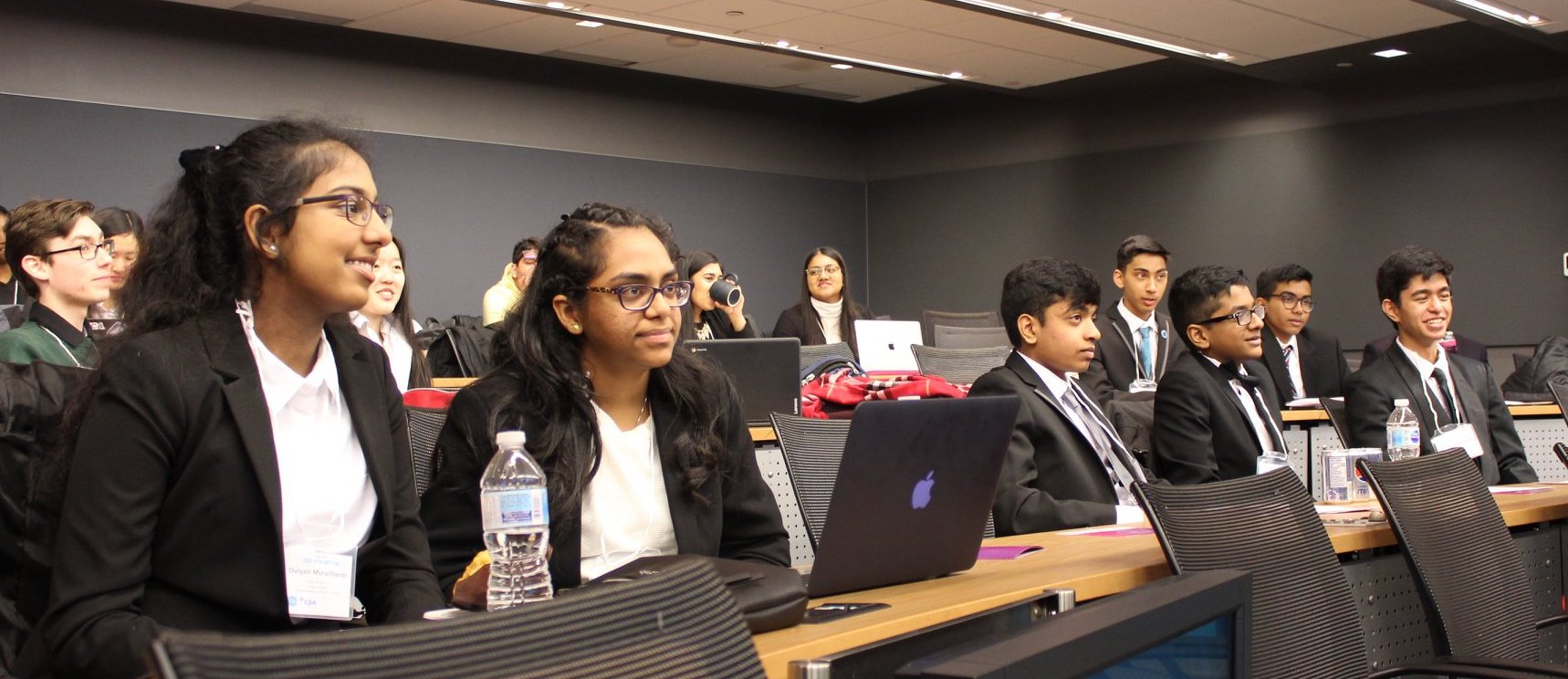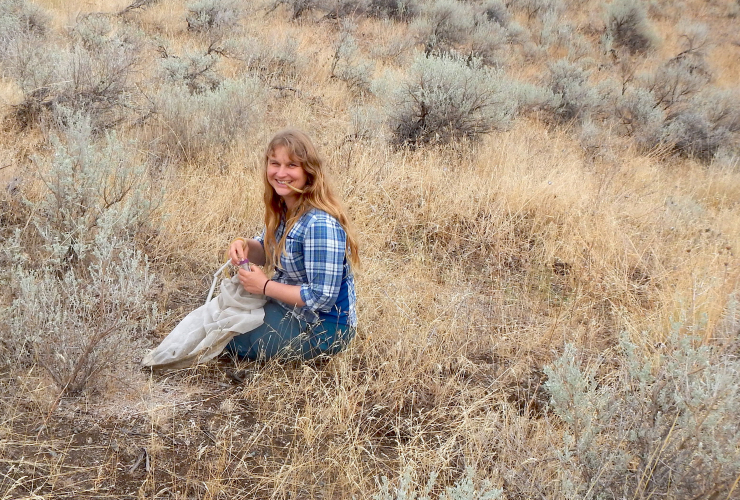Sharing the knowledge and power of financial literacy can help lift up marginalized students and communities, says Angelika Bell.
That’s a prime motivation for 15-year-old Bell, a regional executive director at Target Alpha, a student-run initiative that offers free workshops and competitions for high school students in Ontario, British Columbia and Alberta.
The organization is now looking to expand that reach to students in the Maritimes, Quebec and elsewhere who want hands-on experience grappling with the vagaries of the stock market.
“Financial literacy is key, no matter what you want to be able to do to be successful in life,” said Bell, a Grade 10 student at Toronto’s William Lyon Mackenzie Collegiate Institute, where students involved in the business council meet weekly to learn financial and economic concepts and work on Target Alpha tasks.

The concepts of financial literacy have also been incorporated into Ontario’s high school math curriculum, which was redesigned last year.
While every student likely wishes to be wealthy, Bell said Target Alpha helps them learn how to achieve that and sets them on their way.
“When you're really with Target Alpha, you're making a plan, you're competing in competitions, you're applying that knowledge and if you're applying that knowledge, things come true,” said Bell, who also helps lead the group’s marketing efforts.
“Being able to be surrounded by kids who have the same drive and the same wish to succeed as you is really powerful,” she said.
All free and mostly virtual since the pandemic, the group aims to remove financial barriers to participating in its events, she said. “It's very easy to get started, to do research, and to join a chapter.”

The federally incorporated non-profit started as a stock trading competition about 10 years ago and is now the largest such financial literacy organization in Canada, with around 750 members.
The term alpha refers to how much better a specific investment performs compared to a market index or other benchmark.
Its student members and executives wrapped up a stock pitch competition in November and are getting ready for a financial planning conference in mid-April. Last week, participants were allocated $100,000 in fake funds for a trading account based on the real stock market, which they’ll manage for the next few months.
Shiv Kanade, who’s been a member of William Lyon Mackenzie’s business council for three years, came 11th out of around 300 participants in Target Alpha’s last stock-picking contest. It “gave me my first real exposure to the stock market and actually how stocks work,” he said.
At the November contest, Kanade’s team made a seven-minute presentation about online retailer Etsy, which he describes as an undervalued long-term play that jumped in price as customers switched to more online shopping early. It dropped as shops reopened.

Target Alpha has a tentative fourth competition planned — Alpha Hacks, a fintech hackathon it first hosted just before COVID-19 hit, said Judah Brill, another Mackenzie student and one of Target Alpha’s directors of sponsorships.
Brill said the group’s activities — which include cash and other prizes for top competitors and most active chapters — couldn’t happen without the help of sponsors, including long-running support from the Chartered Professional Accountants of Ontario and a more recently secured deal with Brock University’s Goodman business school.
He says that the popularity of his school’s business club and Target Alpha is based on their visibility and usefulness.
“The more you convey to people how helpful it is to learn about these topics and to gain these skills, the more interested they'll be, and I think during the pandemic, it was really difficult to do that,” he said.
Morgan Sharp / Local Journalism Initiative / Canada’s National Observer






Comments